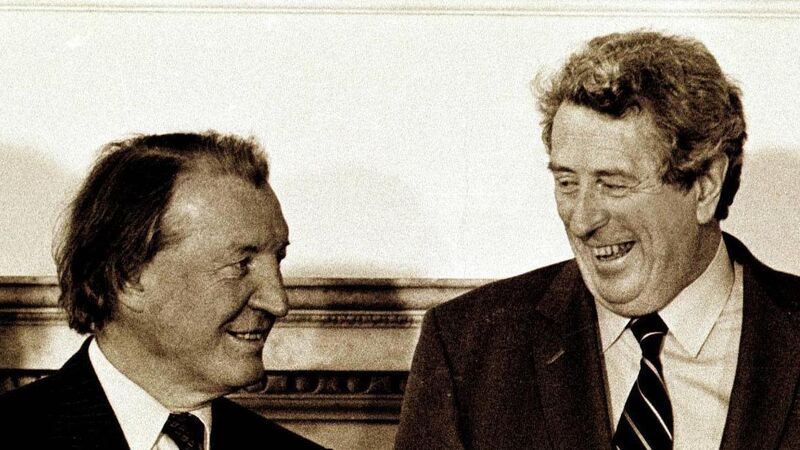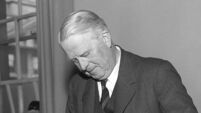Book review: Class, corruption, and rivalry at the birth of modern Ireland

Former taoisigh Charlie Haughey and Garret FitzGerald, who as leaders of Fianna Fáil and Fine Gael, transformed Ireland in the 1980s. File picture: Photocall Ireland
- Charlie vs Garret: The rivalry that shaped modern Ireland
- Eoin O’Malley
- Eriu, €23.99
BOOKS & MORE
Check out our Books Hub where you will find the latest news, reviews, features, opinions and analysis on all things books from the Irish Examiner's team of specialist writers, columnists and contributors.







